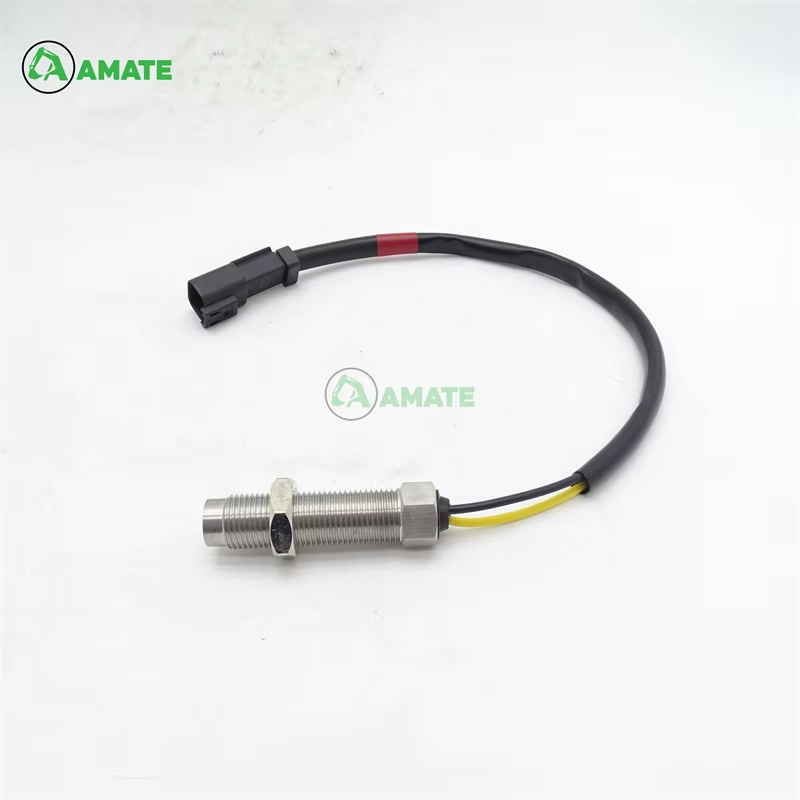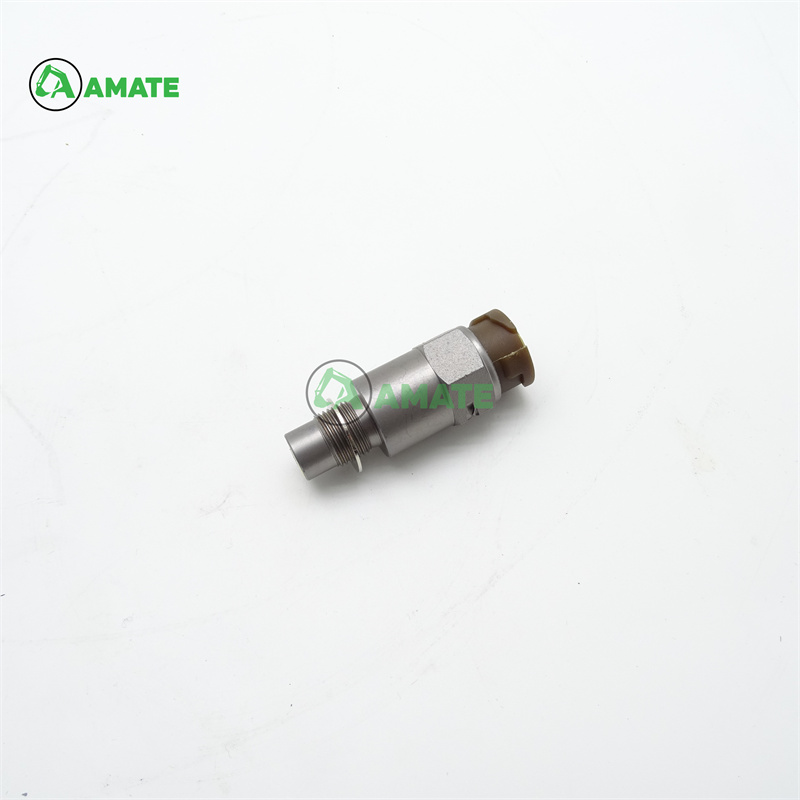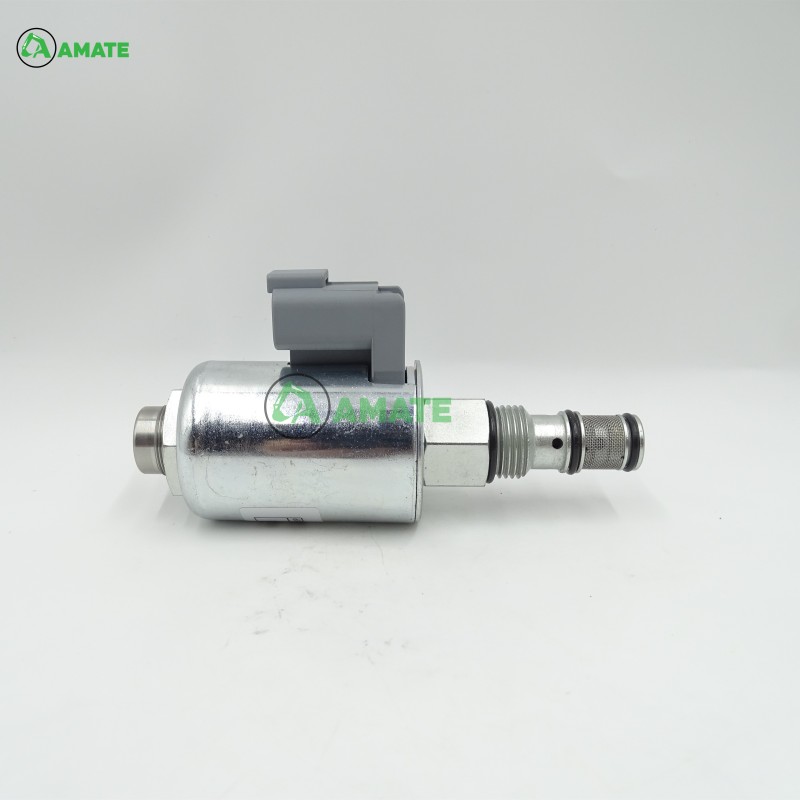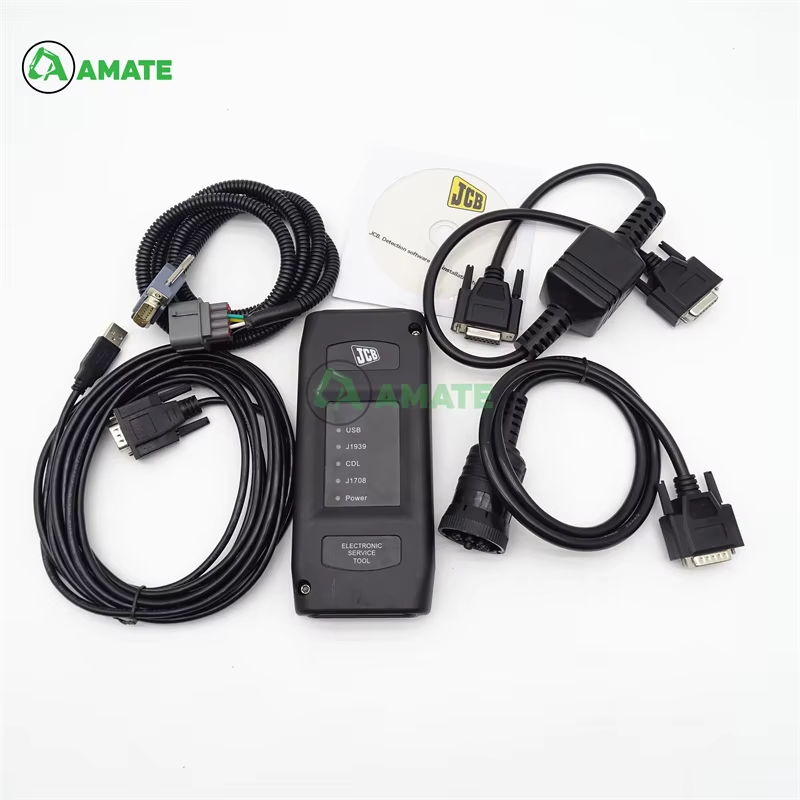Development Prospects of the Controller Industry Driven by Demands from Multiple Fields
As a core component of industrial automation and intelligent devices, controller development is closely tied to macro trends such as smart manufacturing and the Internet of Things. The industry is currently experiencing rapid technological iteration and continued market expansion.
From a technical perspective, controllers are evolving toward highly integrated, intelligent, and networked capabilities. Single logic control functions are no longer sufficient, and multifunctional, integrated products integrating motion control, data processing, edge computing, and cloud platform access are becoming a research and development priority. Furthermore, the introduction of AI algorithms is driving the development of next-generation controllers with intelligent features such as self-diagnosis, parameter self-tuning, and predictive maintenance.
Regarding market demand, downstream application areas are continuously expanding, from traditional industrial machinery and assembly lines to emerging sectors such as new energy, electric vehicles, smart homes, and robotics. This places higher demands on controller accuracy, reliability, and communication protocol compatibility. Miniaturization and low power consumption are also key requirements in related fields such as consumer electronics.
Across the supply chain, domestic substitution and independent control of core chips (such as MCUs and MPUs) are key industry priorities, with related developments directly impacting industry security and cost structure.









